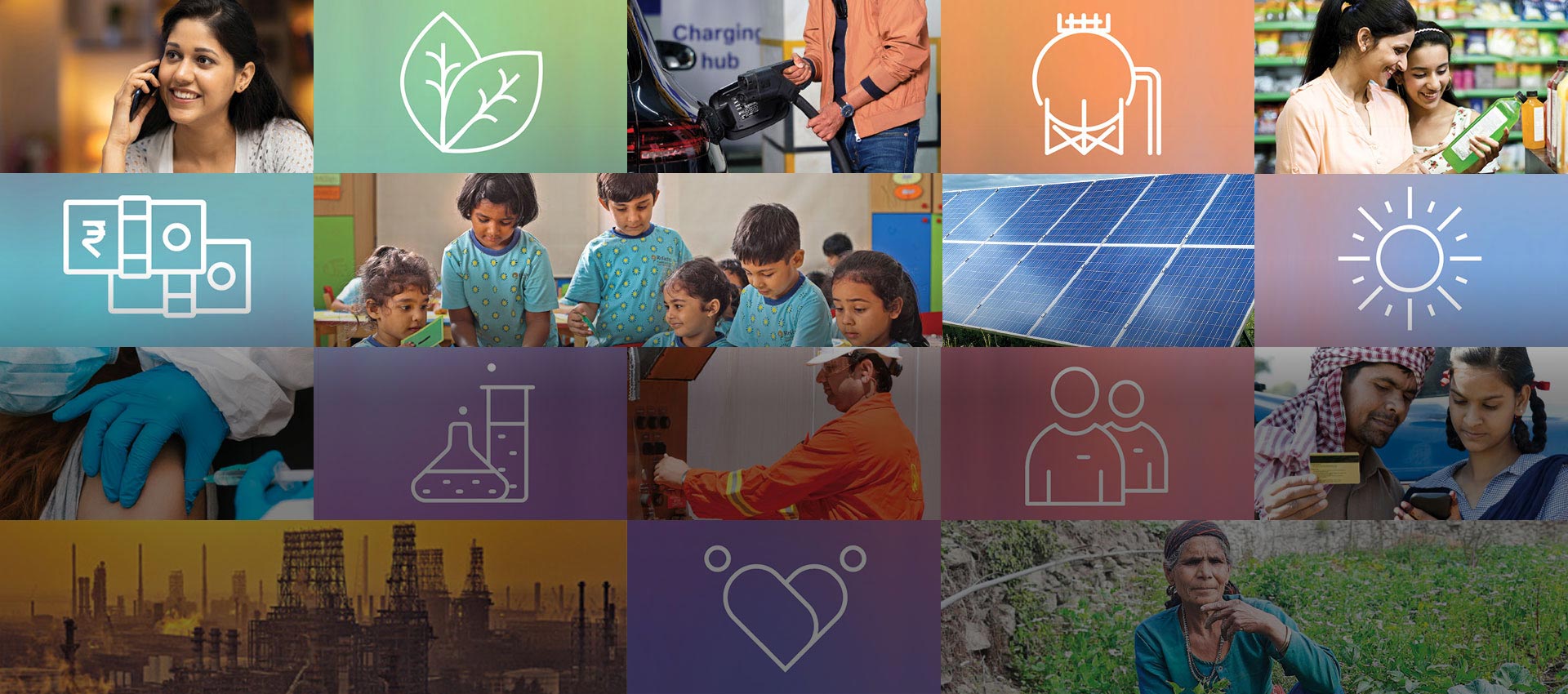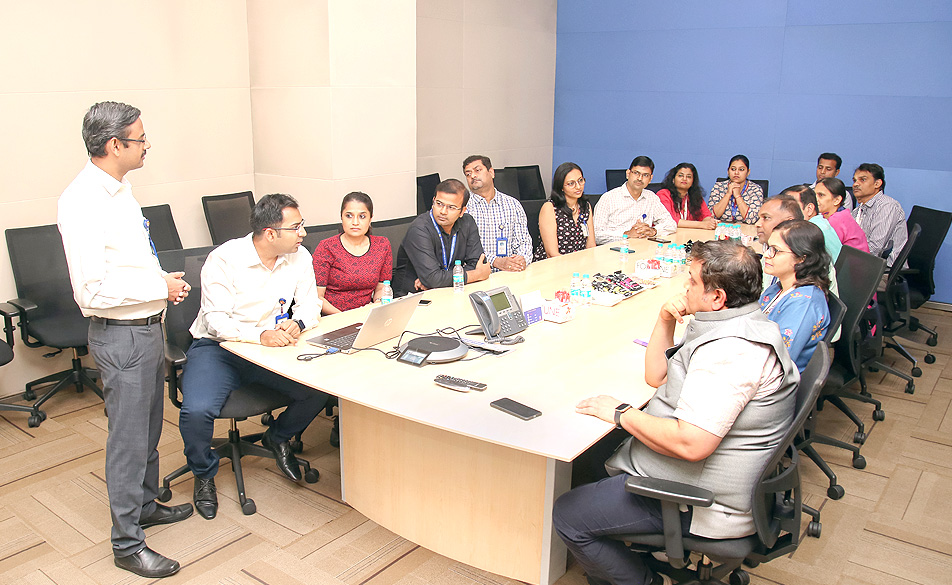Our Impact
At Reliance, we are constantly aligning our ambitions with India’s dreams. We have generated employment and immense societal value, committed resources and ideas to bring a digital revolution, created world-class manufacturing assets that produce clean fuels and materials of the future, and built a consumer-focused, integrated retail ecosystem.
We have also joined forces with the best in the world to bring the best of the world to India. We are pursuing self-reliant, sustainable growth and stepping up to the challenge of taking on the future and making it India’s own.
People
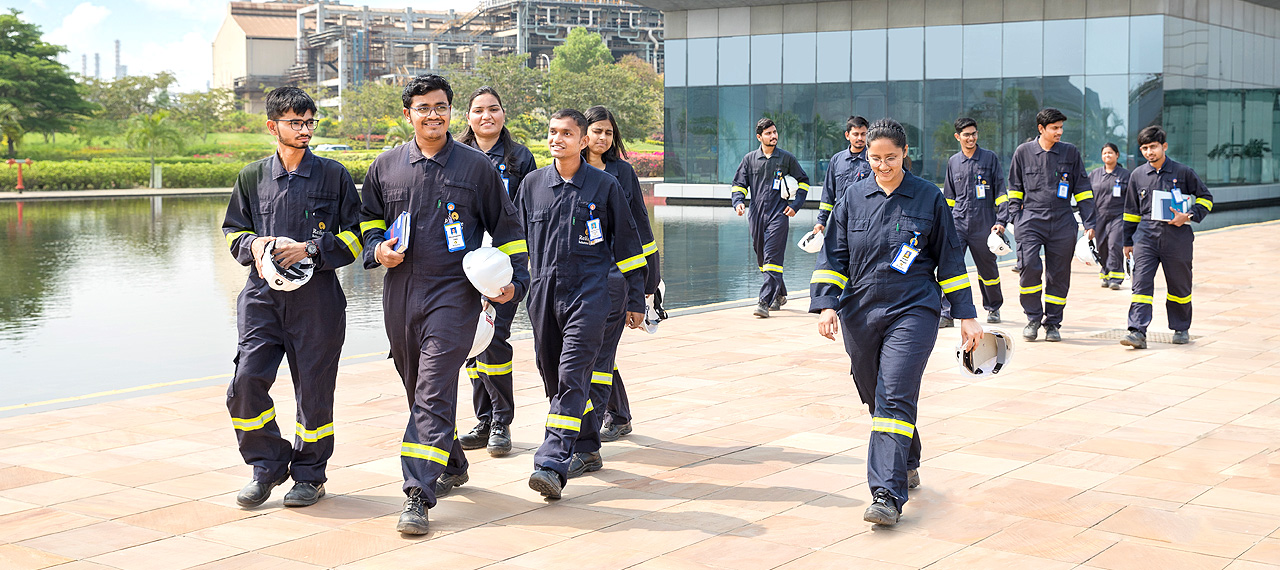
People are value-creators
As one of India’s largest private sector employers, we focus on fostering the sustained development of our people through a well-defined strategy underlined with care, empathy, inclusiveness and respect.
We believe that our success as an organization is inextricably linked to the success of our people.
Our culture of boldly embracing the future and empowering successive generations to take up seemingly unsurmountable challenges helps us attract some of the best minds from across the world.
We nurture a progressive people environment, where purpose-driven talent is empowered by a strong, consistent, and meritocratic Human Resources (HR) framework. Over the years, we have continued to place a great emphasis on enriching our human capital.
Total Workforce Strength
We care for our employees and their families as members of one big family – the Reliance Family.
In turn, led by the spirit of care and empathy, each member of our Reliance Family is committed to creating value for our country and our planet.
Building this relationship of trust and shared values with our people empowers us to realise our aspiration of creating a more sustainable and inclusive future for India and the world.
Great people make great workplaces
Our people have helped us win several awards and recognitions over the years.
We are humbled to be among India’s top companies and among the world's best employers.
We are among the TIME100 ‘Most Influential Companies’ globally for 2024.
We have been recognized with the Great Place to Work® certification for 2025 and are also featured in their ‘India’s Best Employers Among Nation Builders List-2025’.
Learn more about life at Reliance
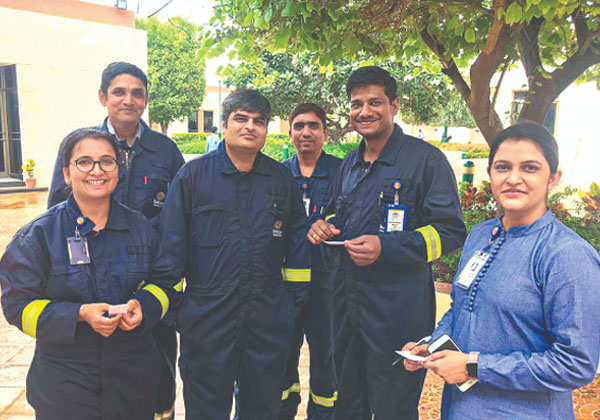
Investing in India’s human capital
COVID-19 Response
Through the COVID-19 pandemic, the entire institution of Reliance stood steadfast in solidarity with each member of the Reliance family.
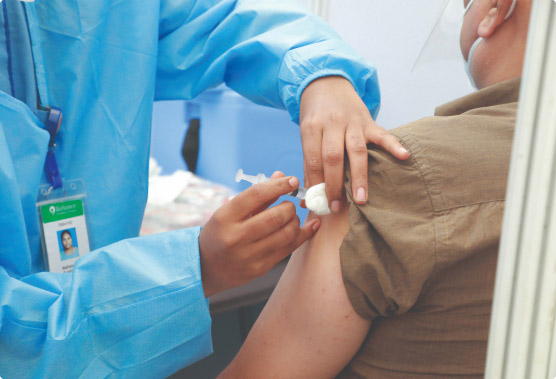
100,000+ persons
Had their daily medical oxygen
requirements met
2,000+ beds
Set up by Reliance, dedicated
to COVID-19 care
85+ million meals
Distributed to the
needy
4 million free vaccines
Distributed to employees,
families, and communities
We extended medical, financial, and educational support to the families of members who succumbed to COVID-19.
Planet
All of us as humanity have only one planet.
There is No Planet B.
The only planet in the entire universe which is home to human life and to countless other living species is planet Earth and planet Earth is facing an existential crisis because of climate change.
The Climate crisis is essentially Energy crisis.
The excessive use of fossil fuels in the past two hundred years has gravely endangered the fragile ecology of the planet.
Mukesh
Ambani
Chairman & Managing Director, RIL

2035
Net zero carbon target
₹75,000 crore
($10 billion) Investments in New Energy
5,000 acres
Dhirubhai Ambani Green Energy Giga Complex at Jamnagar
100 GW
Reliance aims to enable at least 100 GW of renewable energy generation by 2030
15 years
To build Reliance as a leading New Energy and New Materials company
5 giga factories
To manufacture end-to-end components of the renewable energy value chain
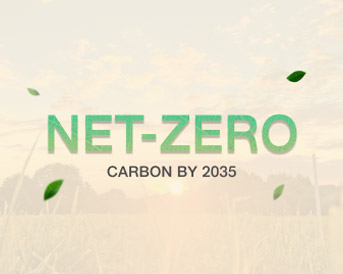
Reliance believes that the global new energy agenda needs to move from dialogue to action, from commitment to urgent implementation on the ground. We are committed to growing with care for the planet.
Therefore, we have boldly embarked on a transformative phase to decarbonize our entire business.
We are investing heavily across all levers of decarbonization to meet our target of net-zero carbon by 2035.
We have planned significant investments and will work along with strategic collaborators and partners to help India and the world transition to clean and green energy.
Read more about new energy & sustainability
2.3 Million GJ
Energy savings
₹874 crore
($102.3 million)
Health, Safety and Environment
(HSE) expenditure*
5.4 Million GJ
Renewable energy consumption
Prosperity
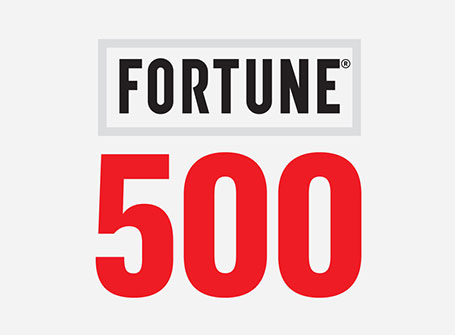
Maximizing shared value
Our philosophy of “We Care” is demonstrated in the way we conduct our businesses. We understand that the prosperity of all our stakeholders and the planet is inextricably linked to the growth of Reliance. Our mission is to continue growing as a responsible organisation that enriches people and planet.
In the short span of just over four decades, Reliance has not only created business value but also societal value on an unparalleled scale.
We have emerged as one of India’s most valuable, stakeholder-centric organizations, building valuable digital and manufacturing assets for India, generating tremendous value for shareholders, and innovating for a better future for all Indians.
- Reliance is the top Indian company on the Forbes Global 2000 “World’s Largest Public Companies” by sales, profits, assets, and market value for 2025, ranking at 45.
- Reliance is the highest-ranked private sector Indian company by revenue in the Fortune Global 500 list for 2025, currently ranked at 88.
Contribution to National Exchequer
₹2,10,269 crore
($24.6 billion)For FY2024-25
#1 Indian Company to cross
$117 billion*
(₹10,00,000 crore)
Consolidated total equity
#1 Indian Corporate to cross
$100 billion
Annual revenues
₹17,25,378 crore
($201.9 billion)Market capitalisation for FY2024-25
₹4,30,453 crore
($50.4 billion)Total value added In FY2024-25
₹1,40,151 crore
($16.4 billion)Reinvested in the Group to maintain and develop operations
₹28,559 crore
($3.3 billion)Employee benefits
₹2,83,719 crore
($33.2 billion)Standalone exports for the year
₹42,552 crore
($5.0 billion)Providers of debt
190,000+
New jobs created
₹6,766 crore
($791.6 million)Providers of equity capital
₹2,156 crore
($252.2 million) Contribution to society
Creating lasting stakeholder value

Investors
Superior stakeholder returns through optimal utilisation of resources for the planet.
₹17,25,378 crore
($201.9 billion)
Market capitalisation for FY2024-25
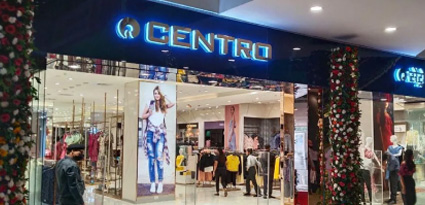
Suppliers & Partners
Creating an inclusive ecosystem
11.5%
Input material sourced from MSME/small producers in FY2024-25
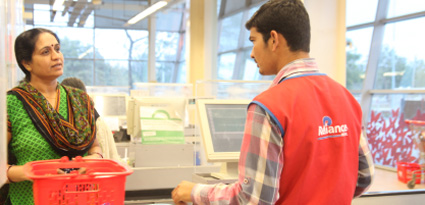
Consumers
Affordable access to best-in-class products and services. Democratising connectivity in India
515.3 million
Jio subscribers as of Q3 FY2026
378 million
Reliance Retail registered customer base as of Q3 FY2026
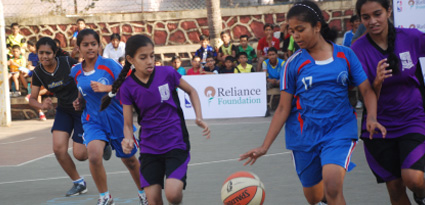
Communities
Empowered beneficiaries through Reliance Foundation
~86 million
People reached through CSR activities
16 states
Covered in COVID-19 vaccination drive
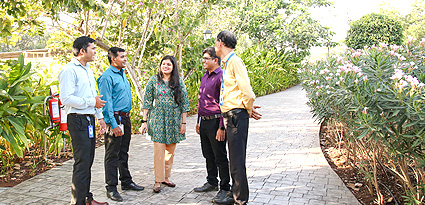
Employees
Protecting and nurturing our people
~2.4 million
Members of the extended Reliance Family vaccinated free of cost




